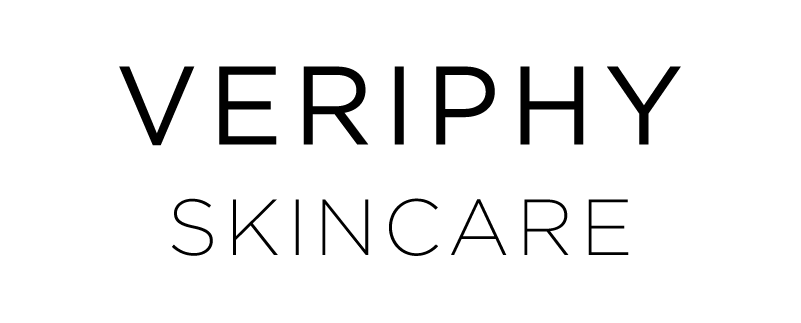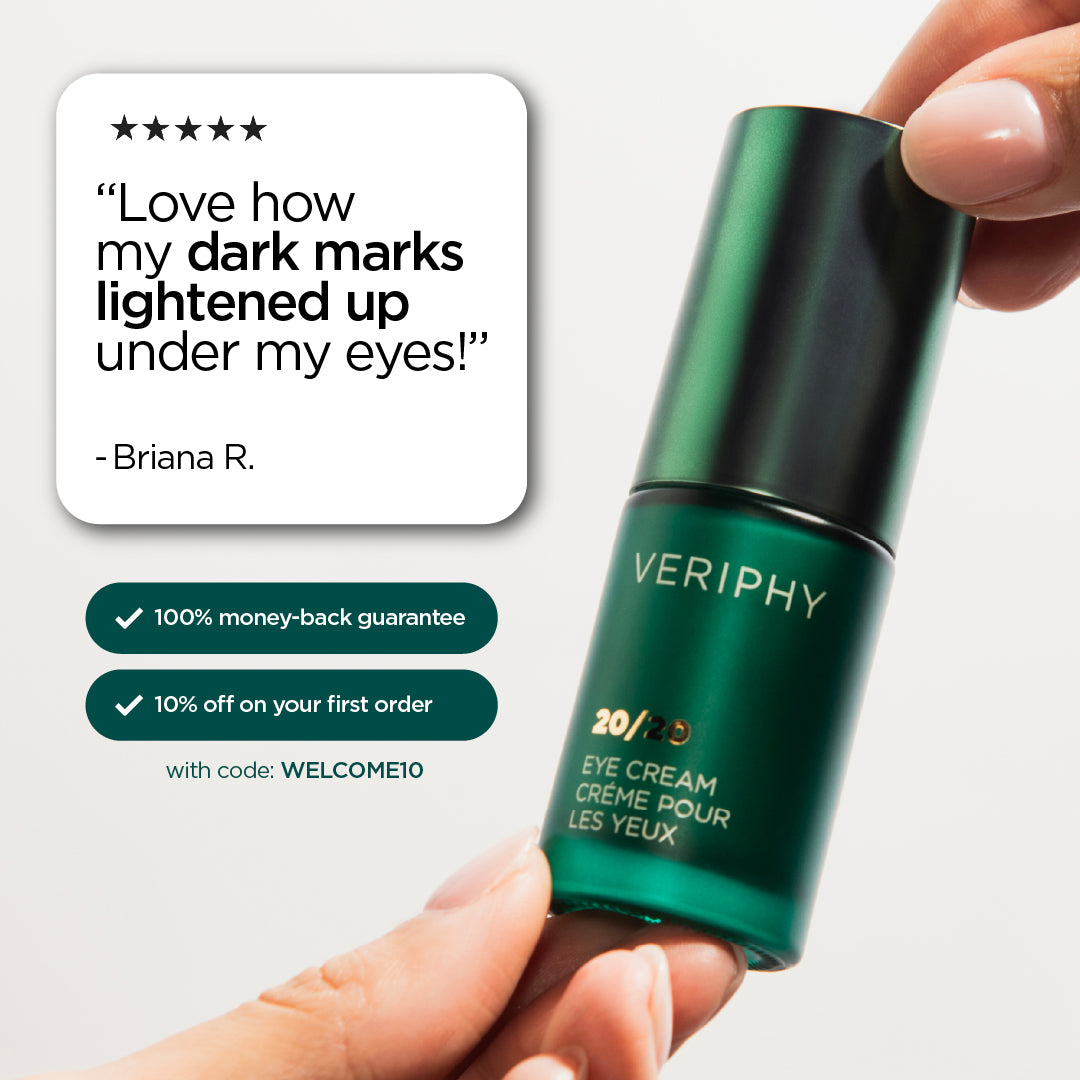
We Need MoreBlack Women in STEM
As a brand dedicated to encouraging and promoting women in STEM (science, technology, engineering and mathematics), we can not talk about the issue without talking about the devastating under-representation of black women in STEM.
Black women have had to overcome both racial and gender bias in their pursuit of science. While many of these women contributed to the scientific world we know today, many of these "hidden figures" have not been recognized - others have claimed their achievements.
Today, women feel the lack of representation in STEM fields, and although the conversation has started, it is clear the black women are suffering the most. Black women make up only 2.9% of STEM degree holders in the US and fewer than 1.6% of science and engineering employees in the US. Why are women, especially black women, not working in STEM? Unequal treatment and isolation lead to women wanting to leave the workforce. In the tech fields, women are 45% more likely to leave their job than men.
MARY W. JACKSON
NASA Engineer
Mary W. Jackson (whose story is famously featured in the "Hidden Figures" film) earned a duel degree in Mathematics and Physical Sciences and started her career as a math teacher in Maryland. Jackson later joined NASA as mathematician who persevered through adversity and racism to become NASA's first African-American female engineer. To become an engineer Jackson needed to take some additional graduate level math and physics course. To do this, she had to get permission from the city to take the courses among her white peers. Jackson rose through the ranks before becoming frustrated with the lack of career opportunities and ultimately changed roles and became the Equal Opportunity Program Manager - dedicating her time to helping women to pursue engineering and science careers at NASA.
CLAUDIA ALEXANDER
Geophysics & Planetary Scientist
Canadian-born, Alexander worked as a prominent scientist at NASA's jet propulsion lab. She worked on the Galileo spacecraft and later became the project manager for the final leg of Galileo's mission to Jupiter. Alexander obtained three degrees from UC Berkley, UCLA and the University of Michigan, respectively. In her spare time, she wrote children's books about science and helped to mentor youth. She hoped to inspire young women – especially young black women, to persevere and pursue science careers.
SUSAN MCKINNEY STEWARD
Medical Doctor
Susan McKinney Steward was the third African-American woman to receive her medical degree, first in New York state. She funded her medical education with the money she made while teaching music classes. She finished her studies as valedictorian of her graduating class. After graduating, McKinney Steward ran a practice in Brooklyn- which she owned. She would spend her career focusing on prenatal care and pediatrics and was open to treating all races. McKinney Steward's memory is preserved by the Brooklyn Women's Homeopathic Hospital and Dispensary, which she co-founded.
References:
https://www.catalyst.org/research/women-in-science-technology-engineering-and-mathematics-stem/
https://www.sciencedaily.com/releases/2019/04/190416170914.htm
https://online.maryville.edu/blog/women-of-color-in-stem/
https://www.latimes.com/local/obituaries/la-me-0719-claudia-alexander-20150718-story.html



